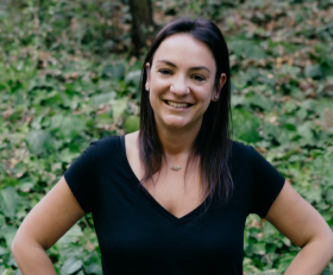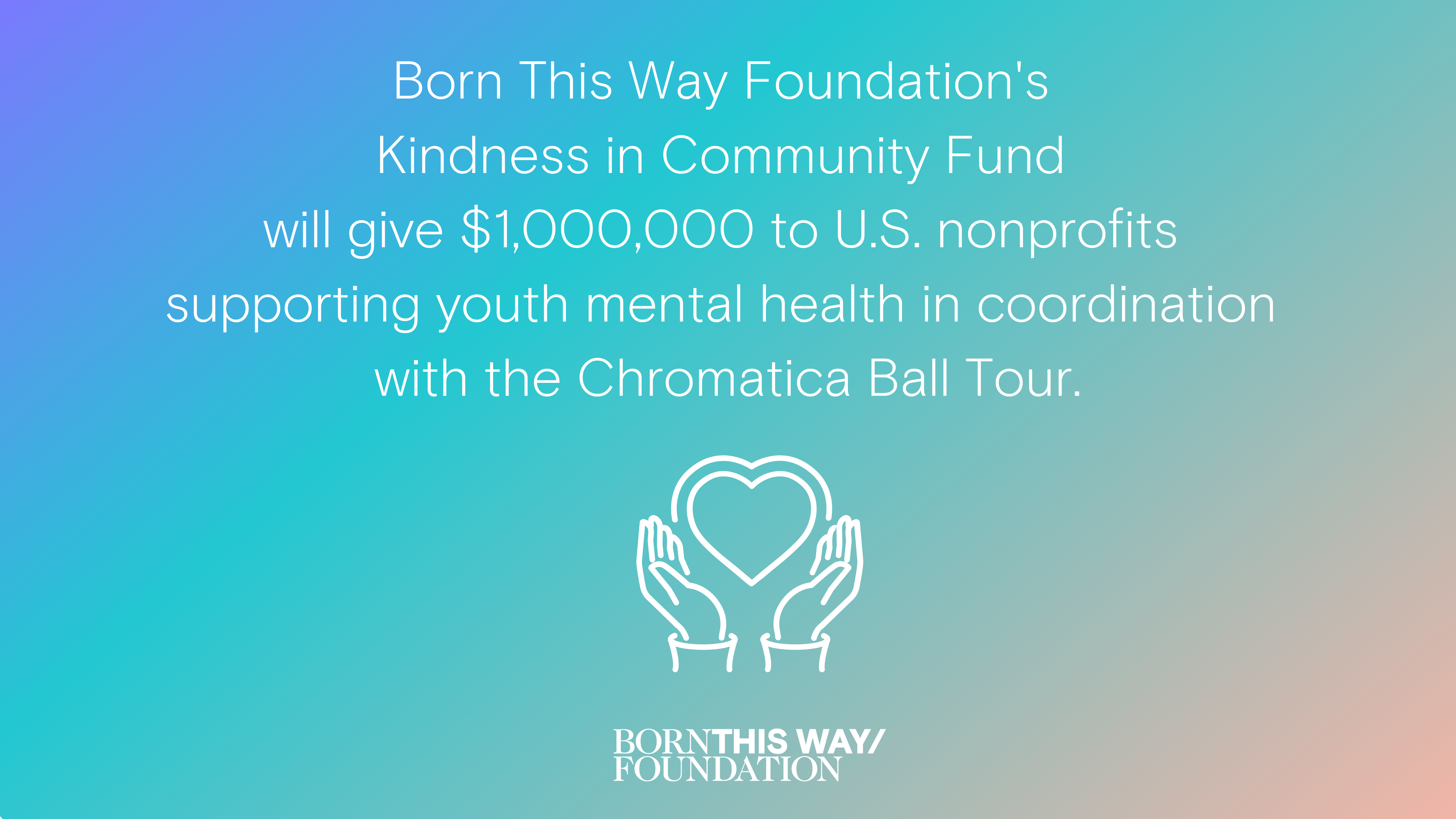After a more difficult depressive episode, I began a database in which I tracked the thank you cards I wrote and why. I even noted the responses I received, whether they came via handwritten note, a text or a passing comment the next time we were together. I knew that I’d have dark days again, and I needed a column based, shareable accountability system to remind myself that I had much to say thank you for. I wrote 564 cards that year, emptying my favorite felt tip pens on the pages on witty, colorful cards (mostly patterned after Schitts Creek) and writing my way back to myself. Words are powerful, and I know that firsthand.
At times, I’d write upbeat, joyful prose reminding a friend Kristen, sharing how much fun I’d had with her the previous weekend. Other times, I’d write to my high school civics teacher and thank him for helping me navigate the difficult days following September 11th. I wrote lyrics to commemorate the good times, and I wrote in search of lighthouses to bring me back to shore. Words matter.
That language – lyrics and lighthouses – comes borrowed from two incredible organizations that Born This Way Foundation supported with our Kindness in Community Fund. I didn’t have the words for what I was writing until I stepped in their hopeful, urgent work and now, alongside them, I want to remind everyone about the power of our words.
In Chicago, I met the team at Erika’s Lighthouse. At Erika’s Lighthouse, they work every day to make sure no young person feels alone in their depression. They are dedicated to creating a community of empathy and education so that young people know that they are never alone. In my own backyard here in San Francisco, I met the team at LYRIC. The mission of LYRIC is to build community and inspire positive social change with LGBTQ+ youth, their families, and allies of all races, classes, genders, and abilities.
As I walked through the purple house, as the LYRIC team affectionately calls their Castro headquarters, the staff told me about the free, accessible services that young people could receive on their three floors. The list was long and I was a little out of breath by the third flight of stairs, impressed by the team walking ahead of me while still recounting the seemingly endless ways they support their community. When we arrived at the final landing, the staff member turned and said, “And after all that – the safety, housing, medication, mental health services, and other supports, that young person said that what mattered most was that we’d used their pronouns correctly for their first time and called them by their name.” Words matter.
In a bright office space in Chicago, we packed kits for the more than 300,000 middle and high school students served by Erika’s Lighthouse. The boxes included posters sharing resources, t-shirts with bright, simple and affirming messages and crisis based resources geared specifically towards young people. Their words didn’t shy away from depression, suicide, self-harm, or any of the other terms that we mistakenly tell people to not confront, believing that if we say them, that’ll make them true. Erika’s Lighthouse knows what we at the foundation also know, they are already true and by saying them, you’ll shed light on them, create an invitation for folks to seek help and allow people to feel less alone. For a family like the Neuckranz family, who founded this inspiring organization in the memory of their beautiful daughter, it’s the unsaid words and uncelebrated moments that will fill their minds and hearts. Words matter.
Depending on your dictionary of choice, the English language has between 470,000 and 600,000 words in it. If you’re one of the more than 20 % of Americans that speak more than one language, that opens up a whole new equation of words that you can use – for good, and otherwise. If we’re blessed with a long life, it is estimated that we’ll speak more than 800,000,000 words. Our words can affirm, celebrate, validate, and support, or they can divide, insult, and ignore. I could cite countless pieces of research to convince you, but instead, I’ll just point you to the work of these two amazing organizations – refusing to give up in a world that is weaponizing the terms that underlie their theories of change. Words matter.












